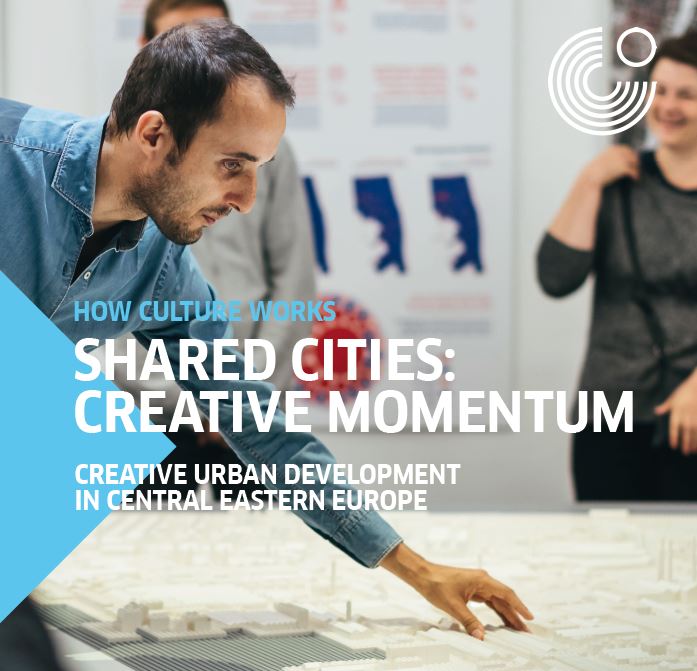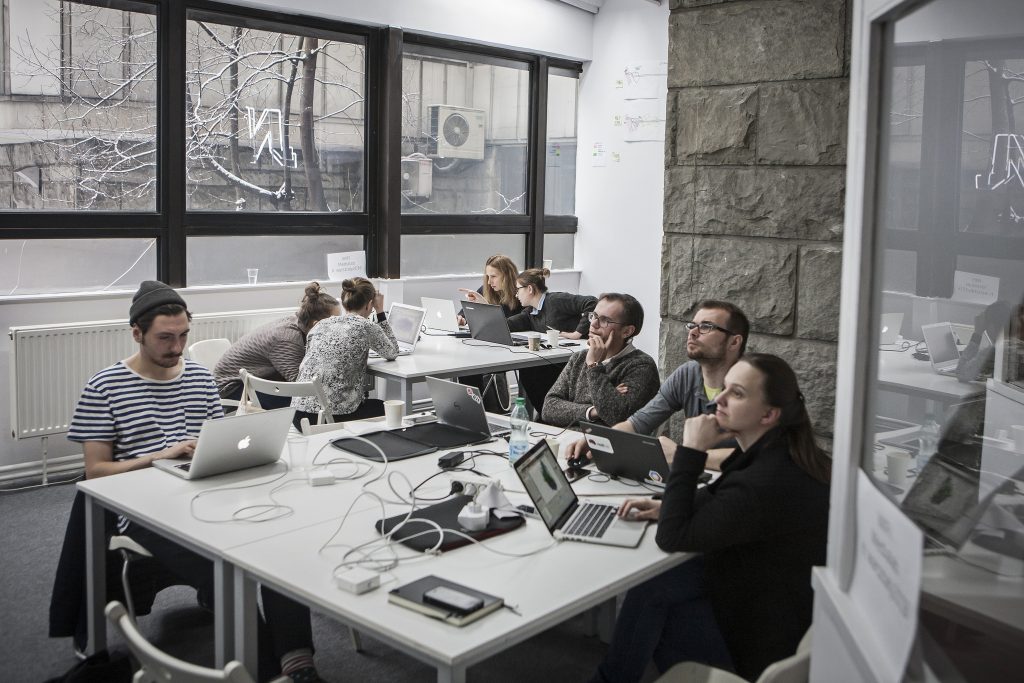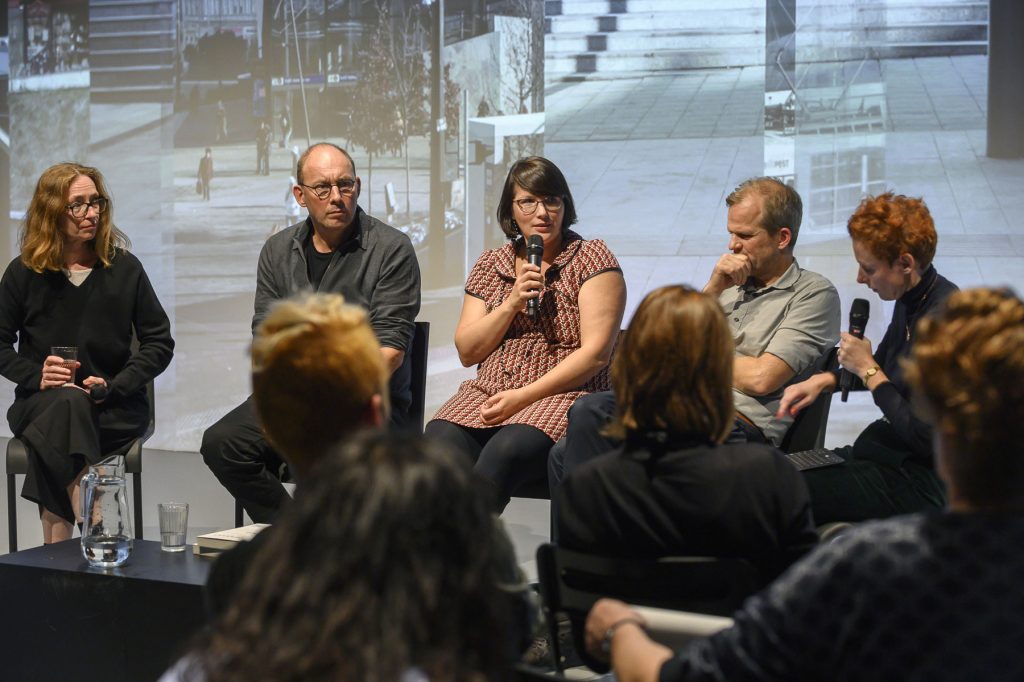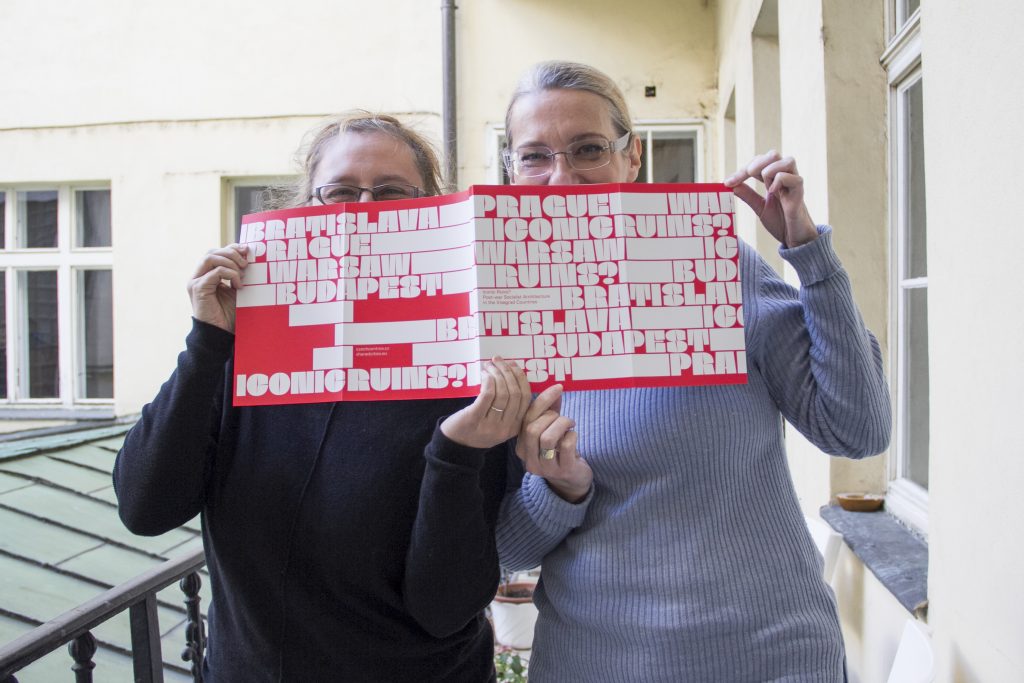
How Culture Works
"DOES EVERYTHING ALWAYS HAVE TO BE ASSESSED?" No. But when cultural work is financed with public funds, there is a necessity to evaluate.
Prague Permanent linkOur project aims to investigate certain cultural processes in Katowice, especially the circumstances of the inhabitants' participation in cultural events organised by various actors in the city.

As the project is based on data-driven research, our team’s primary task is to provide tools and visualisations that allow easy exploration of large data sets to find the desired information. The focus of our research is to find answers to a number of questions, including: Who are the creators of Katowice’s culture? Where do the participants of cultural events come from? How do they contribute to the animation of the city centre? What have been Katowice’s premier events in recent years? How do network users create a new image of a city? We also look at how public activities in the city interweave with the activity of social media users. The results of our study will be presented both in the traditional report form and as interactive visualisations, installations and exhibitions. Following project completion, the tools developed will be shared under a free license, so that they can be used in similar projects.
Visualisation of information based on data analysis and social research
Our project team’s work can be described as combining research and exploration, as we use two types of complementary data. The first data category includes information collected by traditional social science methods, such as personal surveys conducted among participants of several dozen cultural events held in Katowice in 2016 and 2017. These include theatre and music festivals, concerts, film shows, and smaller events, such as club concerts, vernissages and discussions. The second type of information source includes public data generated by Facebook users (as of 2010) as well as content sourced from information services covering the region’s cultural events. Thanks to this innovative approach, our research team has access to both a small sample of in-depth quality data (from surveys) and a relatively large (tens of thousands of records) set of “shallow” data on the activity of the whole community of Facebook users interested in Katowice’s cultural events. This, in turn, opens up a new field of research that allows us – with some degree of simplification – to explore a relatively wide a horizon of cultural circuits in the capital of Upper Silesia.
Open research and collaboration model
Due to the wide range of research activities, our team consists of several expert groups whose skills complement each other at each research stage. Acquisition and analysis of internet sourced data (especially publicly available information from Facebook) is done by coders and data analysts, while social researchers and designers are responsible for its subsequent processing and visualisation. However, as it is difficult to separate the stages of data acquisition, processing and visualisation, all members of the research team must remain in constant contact to ensure suitable coordination of their respective efforts. We conduct our research using an open project approach, striving to ensure that the process of data acquisition, analysis and visualisation remains as transparent as possible. Our regular workshops and meetings (open to all) provide a stimulating atmosphere conducive to finding optimal solutions. We are also constantly striving to improve our skills to which end we invite various experts to hold training sessions and workshops. So far, they have had the pleasure of hosting experts from Berlin’s Studio NAND and several notable data analysts and culture animators. We also launched a microgrants programme as part of which we provide assistance for all those individuals and organisations interested in conducting their own research projects that fit into our project area. We believe that this scheme extends the social impact of our project while allowing local activists to engage.

"DOES EVERYTHING ALWAYS HAVE TO BE ASSESSED?" No. But when cultural work is financed with public funds, there is a necessity to evaluate.
Prague Permanent link
The one-day programme was based on discussion formats with renowned European architecture theorists, curators and urban researchers.
Prague Permanent link
Within Shared Cities: Creative Momentum the Czech Centres realized the "Iconic Ruins?" exhibition and an economic impact evaluation of the project. How does the future of the exhibition look like? What are the benefits of having an economic analysis of the project? Find the answers in the interview with Ivana Černá and Sandra Karácsony from the Czech Centres / Česká Centra in Prague, Czech Republic.
Prague Permanent link